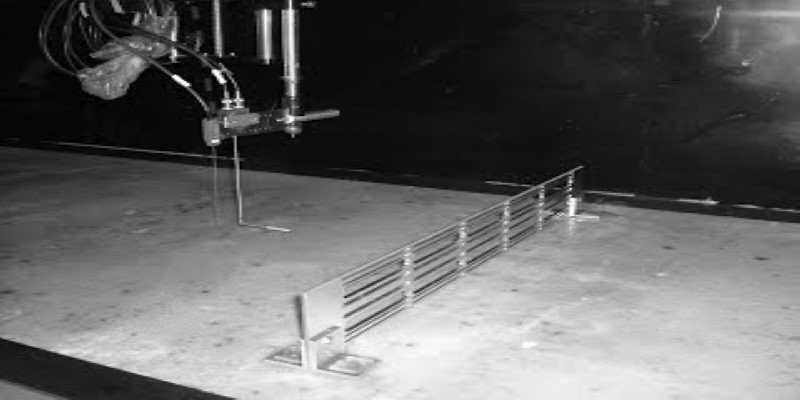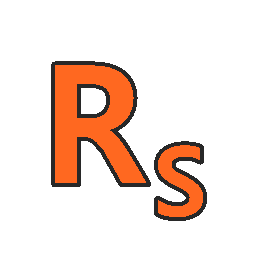
About Course
This Experimental method in Fluid Mechanics (FMs) course deals with the experimental techniques in (FMs). One part of the course focuses on different techniques and challenges associated with the measurement of flow features.
Another part of the course has an emphasis on the statistical analysis of experimental data. Thus, this course would provide an understanding of several experimental methods in (FMs) and would unveil hypotheses concerning the cause-and-effect relationships. It represents the most valid approach to the solution of theoretical advancement in the field.
INTENDED AUDIENCE: Undergraduate students of Mechanical/Chemical/Aerospace Engg. (5th semester onwards) and postgraduate students specializing in the thermofluids/Fluid Mechanics/Aerospace/Automobiles; industry personnel associated with Fluid Machinery/automobile and aerospace engineering; faculty members associated with Mechanical/Chemical/Aerospace Engg.
Course Content
Experimental Methods in Fluid Mechanics
-
Experimental Methods in Fluid Mechanics [Introduction Video]
03:35 -
Lec 1: Basic concepts, Calibration.
00:00 -
Lec 2: Dimensions, Units, Standards, Systems of dimensions, System of units, Unit conversion table.
00:00 -
Lec 3: Basic concept of dynamic measurements.
00:00 -
Lec 4: Basic concept of dynamic measurements. Contd.
00:00 -
Lec 5: Basic concept of dynamic measurements. Contd.
00:00 -
Lec 6: System response and distortion, Impedence matching
00:00 -
Lec 7: Dimensional measurement Gauge blocks, The pneumatic displacement gauge
00:00 -
Lec 8: Dimensional measurement Gauge blocks, The pneumatic displacement gauge
00:00 -
Lec 9: Pressure Measurements: Definition of pressure and Dynamic response considerations
00:00 -
Lec 10 : Mechanical pressure measurement devices, U-tube manometer, The inclined well type manometer
00:00 -
Lec 11: The aneroid barometer, Diaphragm and Bellows Gauges
00:00 -
Lec 12 : The Mcleod gauge, The Pirani gauge, The Ionization gauge
00:00 -
Lec 13 : The Mcleod gauge, The Pirani gauge, The Ionization gauge Contd.
00:00 -
Lec 14 : The Mcleod gauge, The Pirani gauge, The Ionization gauge Contd.
00:00 -
Lec 15 : Pressure measurement using 3 holes / probes
00:00 -
Lec 16 : Pressure measurement using 3 holes / probes Contd.
00:00 -
Lec 17 : Flow obstruction flow rate measuerement(venturimeter/orificemeter), the Rotameter
00:00 -
Lec 18 : Flow obstruction flow rate measuerement(venturimeter/orificemeter), the Rotameter Contd.
00:00 -
Lec 19 : Thermal Anemometry(hot wire/hot film), Hot wire anemometer
00:00 -
Lec 20 : Thermal Anemometry(hot wire/hot film), Hot wire anemometer Contd.
00:00 -
Lec 21 : Laser Doppler anemometry
00:00 -
Lec 22 : Measurement of velocity components by 3 holes and 4 holes probes
00:00 -
Lec 23 : Ideal gas thermometer, Temperature measurement by mechanical and electrical effectshttps://www.youtube.com/watch?v=e22WpHJOc9k&list=PLwdnzlV3ogoXIUfCM8QKeVOj386tvVqeK&index=24
00:00 -
Lec 24 : Ideal gas thermometer, Temperature measurement by mechanical and electrical effects Contd.
00:00 -
Lec 25 : Thermostatic temperature, Resistance Temperature Detectors(RTD), Thermistors, Thermocouples
00:00 -
Lec 26 : Temperature measurement by Radiation, The optical pyrometer
00:00 -
Lec 27 : Transient response of thermal system, Thermocouple compensation, high speed flow
00:00 -
Lec 28 : Transient response of thermal system, Thermocouple compensation, high speed flow Contd
00:00 -
Lec 29 : Transient response of thermal system, Thermocouple compensation, high speed flow Contd
00:00 -
Lec 30: Constant temperature hot-wire anemometer, LDA
00:00 -
Lec 31: Use of PIV
42:55 -
Lec 32: Use of PIV Contd.
00:00 -
Lec 33: Use of PIV Contd.
00:00 -
Lec 34: Measurement of pitch angle
00:00 -
Lec 35: Measurement of torque by dynamometers, straingauge, transducers
00:00 -
Lec 36: Measurement of microscale flow features – I
00:00 -
Lec 37: Measurement of microscale flow features – II
00:00 -
Lec 38: Transient and Frequency response consideration
00:00 -
Lec 39: Examples
00:00 -
Lec 40: Analysis of experimental data, causes and types of experimental errors
00:00 -
Lec 41: Rejection of data: Chauvenets Criterion with example
00:00 -
Lec 42: Error propagation: function of two variables, several variables
00:00 -
Lec 43: The Method of Least square with example
00:00
Student Ratings & Reviews

No Review Yet
